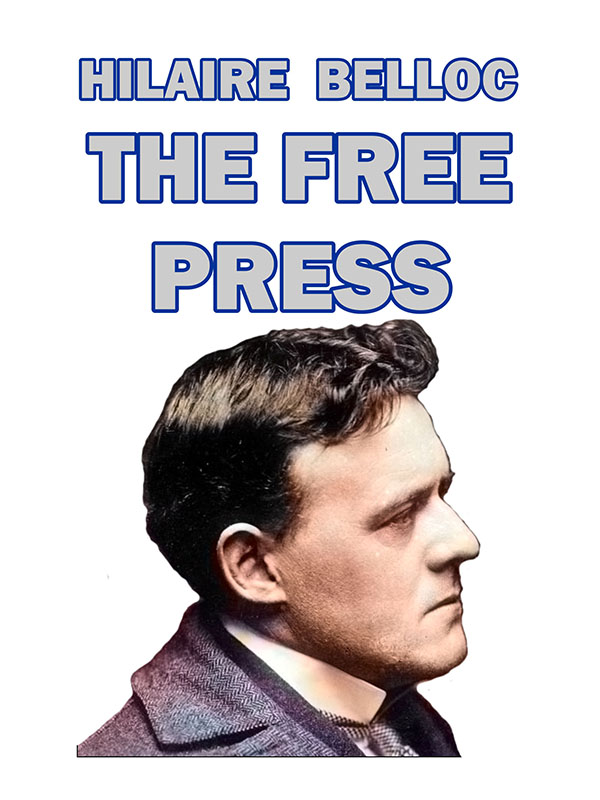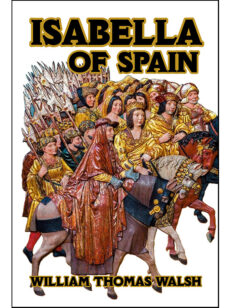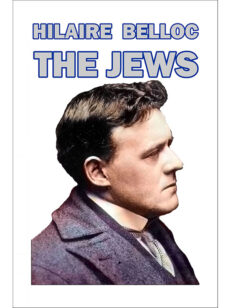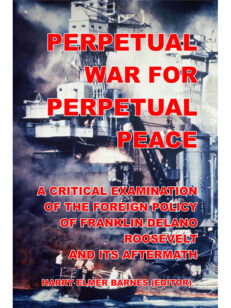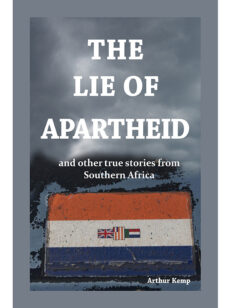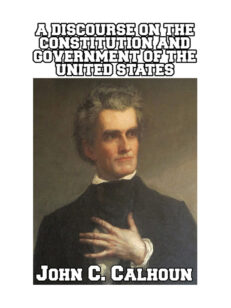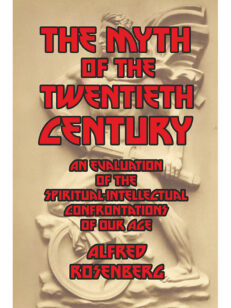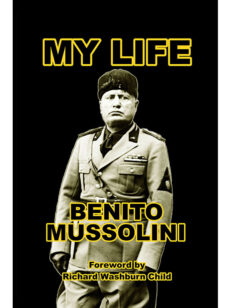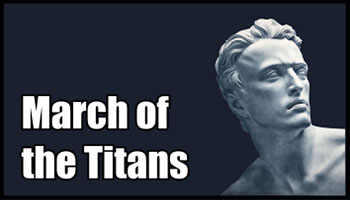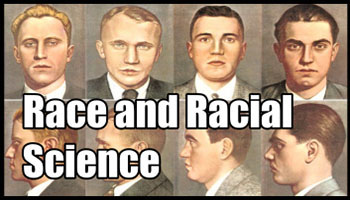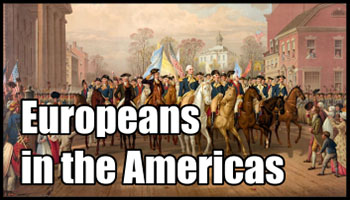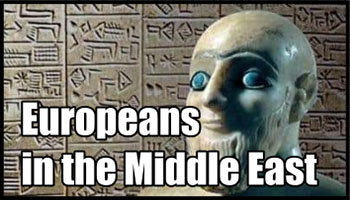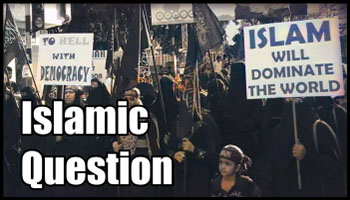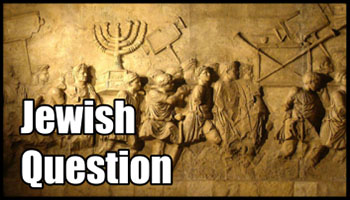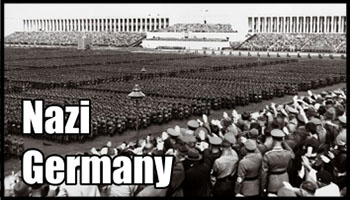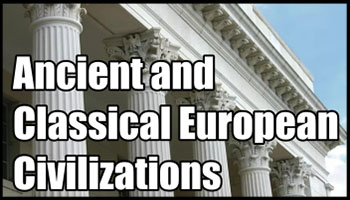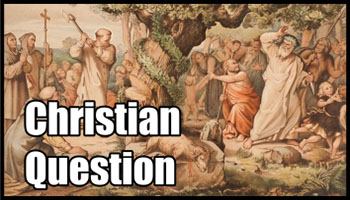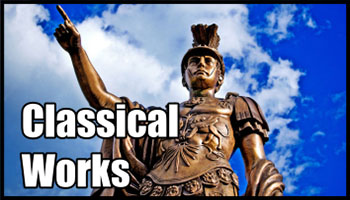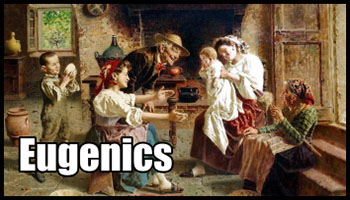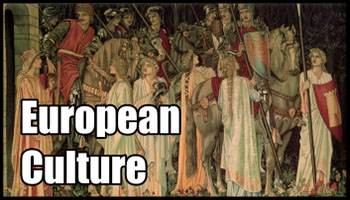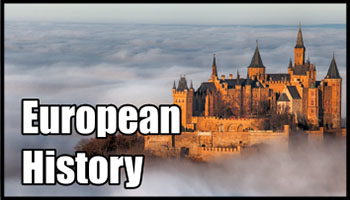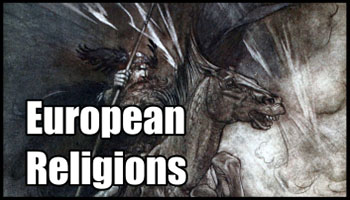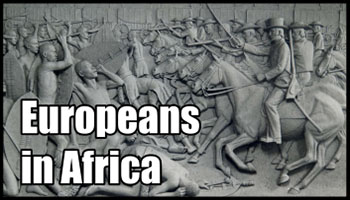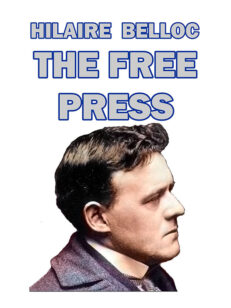Description
By Hilaire Belloc. An insightful essay which provides a perfect overview of how what has now become known as the “mainstream media” engages in the invention of fake news through the manipulation of events, half-truths, total omissions, and outright lies.
Written more than a century ago, and dealing with what was then the printed media, the author’s observations, evidence, and conclusions are just as applicable today as they were at the time.
Belloc starts out by accurately describing the media as the “Capitalist Press,” which, contrary to its claims, does not “serve” the public but is rather a clique of hidden manipulators who seek only two things: the advancement of their ideological agendas, and to sell their newspapers.
Belloc contrasts the Capitalist Press with the smaller, genuinely free and independent press, which cannot rely on the advertising revenue which powers their larger competitors, but which tends more toward the truth for that very reason.
The newspaper owners, he says, are an unelected, unaccountable, undemocratic group of millionaires, more powerful than sovereign governments and elected officials. They have the power to make or break politicians, and to present their own agenda in such a way as to claim that it is “public opinion.”
Belloc’s conclusion—that the Capitalist Press’s power would be broken by the “Free Press” was overly optimistic. In fact, the decades following the appearance of this book saw the Capitalist Press grow ever stronger, particularly through its acquisition of the movie and television industry. Through these media, the lies and distortions against which the author warned would be amplified even beyond his imagining.
It would only be through the emergence of the Internet that the Free Press would eventually be given an equal platform with the Capitalist Press, a development which the author would have no doubt savored.
About the author: Joseph Hilaire Pierre René Belloc (1870–1953) was a French-born, England-raised writer, historian, political activist, and Member of Parliament. Best known for his hilarious Cautionary Tales for Children, Belloc also wrote widely on history and current affairs. A friend of G. K Chesterton, George Bernard Shaw, and H. G. Wells, Belloc’s writings were so extensive that he became known as one of the “Big Four” of Edwardian letters. A one-time member of the Fabian Society, Belloc quickly abandoned the far left and became equally hostile to both unbridled capitalism and socialism. He worked as editor of the political weekly Eye Witness which had a circulation of over 100,000, and, during the First World War, edited Land and Water, a journal devoted to the progress of the war.
58 pages. Paperback.

